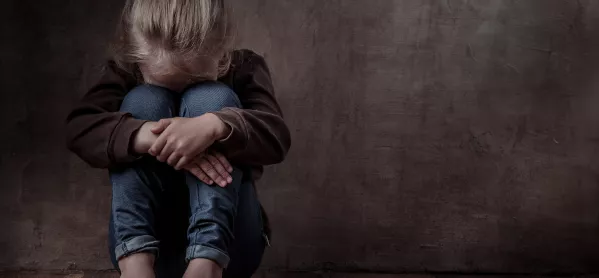I have read a lot of commentary recently from politicians that expresses concern that the current extended period of school closures will disproportionately affect those children who are already disadvantaged in so many areas of life, and these voices implore us to do more to support those children now and on our return to full-time schooling.
I have no doubt that this worry is genuine and heartfelt, yet I admit that there is a part of me that wants to know why these concerns are only now being voiced with such volume, and why political leaders are only now putting into some place systems for support when these gaping disadvantages have been present in our society for as long as anyone can remember.
One of the main topics of conversation in education and media circles has understandably been about how things could be different once the lockdown is lifted.
My instinct is that little, if anything, will be different in a good way.
If the government’s economic support package is to be repaid then a further period of austerity may well be on cards and we all know what the past decade of belt-tightening has done to public services. For example, in many parts of the country the families of young people with SEND are now paying for their children’s transport costs to post-16 provisions. School budgets across the country are now at a level that has meant many of my colleagues have had to make gut-wrenching decisions about what stays and what goes or, more importantly, who stays and who goes. It is hard to see how we could take much more pain.
Coronavirus: The impact on disadvantaged students
The group for whom I am most concerned is children with SEND. Their life outcomes have been dire for decades; they are more likely to die much earlier than the rest of us (sickeningly, this is true even when we factor in health conditions), be excluded from school, live in poverty, be unemployed, have poorer mental health, poorer physical health or end up in prison.
This is a shocking list, and should serve as a warning to us, but I am not hopeful that those outcomes will improve any time soon.
School staff are doing incredible work right now to support their communities and their most vulnerable students and they deserve our admiration for that, but if things are to be different when this passes then two things need to happen.
Academy trust and local authority leaders need to commit to ensuring that it is no longer possible for children to be out of education for significant periods of time (those for whom this has applied before are highly likely to be the ones that we would now categorise as vulnerable ironically) with little or no education provision.
But that effort will pale into insignificance if politicians can’t admit that the inequalities schools are working hard to address cannot be solved by schools.
For things to truly improve it needs ministers to admit that the inequalities that have existed in this country for generations are structural and systemic and that they only way they will be improved is by a tenacious and ambitious social justice strategy, involving all of the major government departments, that looks beyond the life of one parliament and that has a budget to match its ambitions.
Jarlath O’Brien is a teacher in special and mainstream secondary schools and is the author of Leading Better Behaviour - A Guide for School Leaders, recently published by Corwin Press





